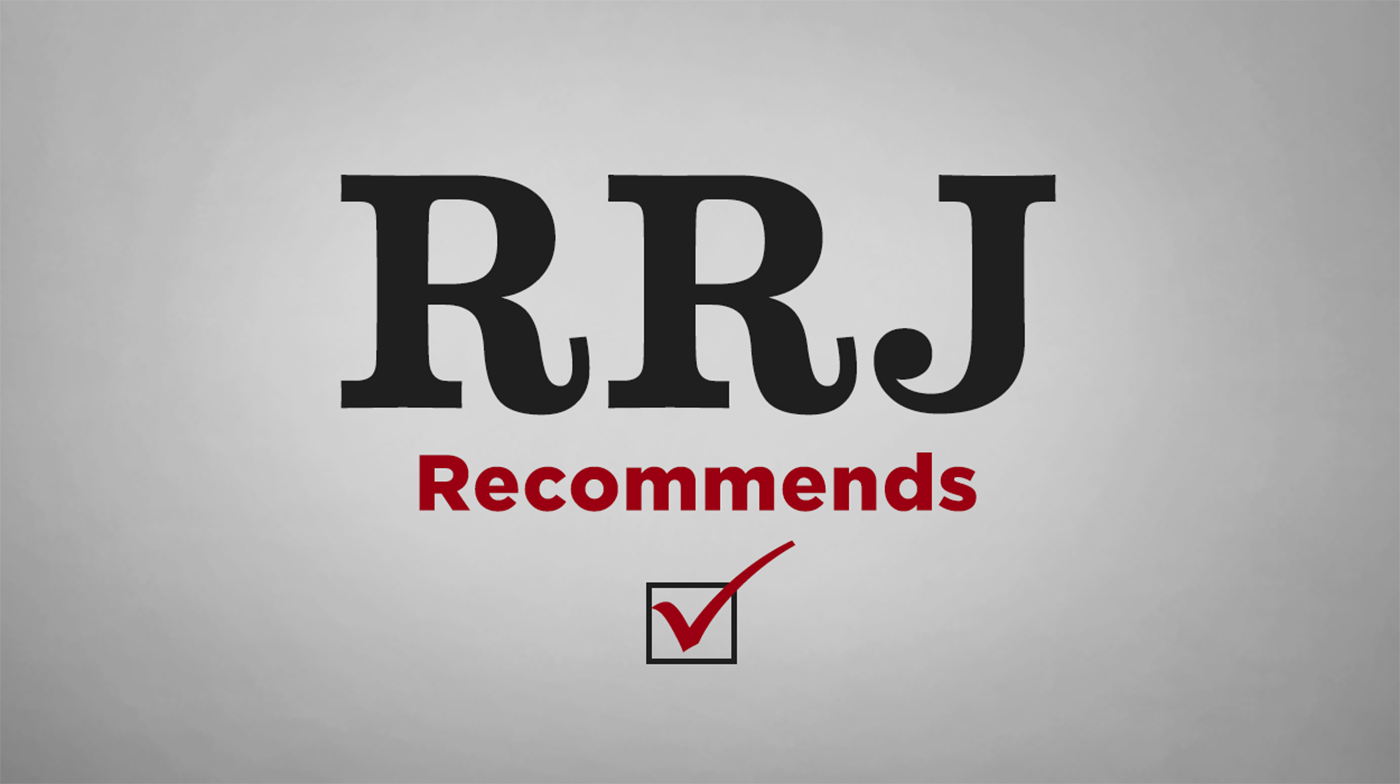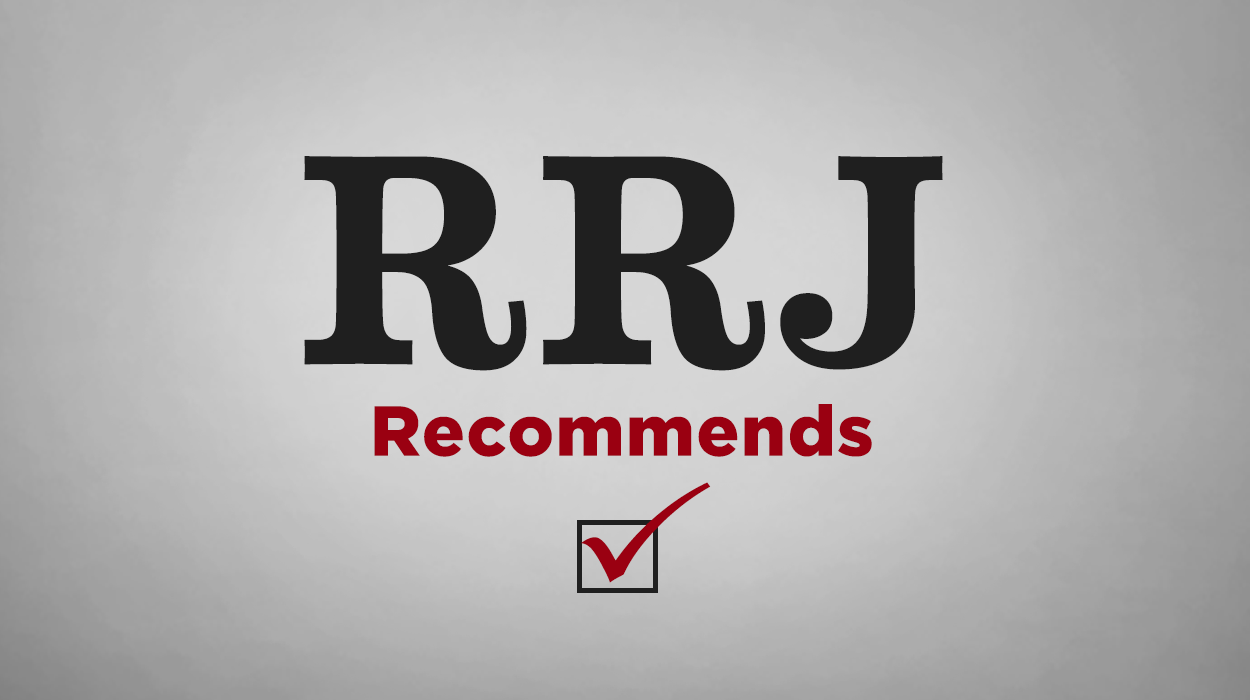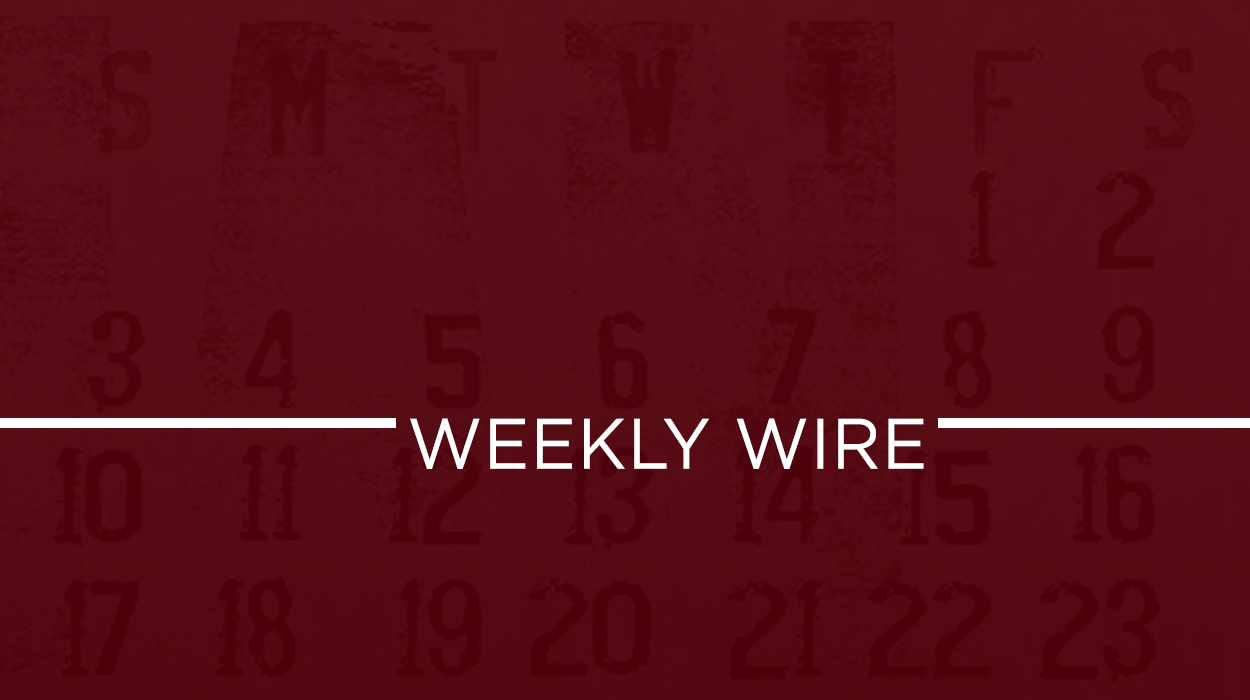
The RRJ recommends you check out “Let Them Eat Cake,” in Maisonneuve Magazine.
In a recent piece from Montreal-based Maisonneuve, author and former RRJer Davide Mastracci outlines the trajectory of Italian immigrants in Canada. He notes, that in the early 20th century, Italians were known as “non-preferred” immigrants. Mastracci also cites Doug Saunders’s The Myth of the Muslim Tide, in which Saunders argues that the stereotypes previously associated with Italian immigrants echo the treatment of Muslim-Canadians today. Italians were viewed as immigrants from an authoritarian regime who would have trouble adapting to life in Canada.
Today, as the author details in “Let Them Eat Cake,” Italian-Canadian families like his have achieved markers of social mobility that many other groups in Canada aspire to—suburban households, representation in political office, and pop culture recognition in shows like The Sopranos. Yet, as Italian-Canadians increasingly accrue the same privileges as the Anglo-Saxon Canadians who once looked down on them, Mastracci questions whether they have distanced themselves from other marginalized groups. The author describes how current conversations about refugees often play out in the Italian community. As Mastracci writes.”…the inevitable response from older family members always ends up questioning why newcomers can’t fit in like they did, overcoming discrimination without help.”
Conversations about identity politics and privilege often become diluted in mainstream media. For example, when Desmond Cole and Jerry Agar debated the existence of white privilege on the Sun News Network in 2014, it was framed the issue as if privilege exists in binary terms. One of the strengths of Mastracci’s piece is that it speaks to the nuances of how these issues play out among Italian-Canadians, and how their social position has changed over time.
Reading Mastracci’s article, it really struck me how much it echoed my experience in Toronto’s Jewish community. The first major wave of Jewish migration to Canada came at the end of the 19th century, with people like my great-grandparents escaping persecution in Russia and Eastern Europe. Jews continued migrating to Canada throughout the 20th century. My grandfather was a part of the 1933 Christie Pits riot—an event that was sparked when Toronto’s St. Peter’s baseball team beat their predominantly Jewish opponents, and celebrated their win by rolling out a white sheet marked with a Swastika. In the six-hour brawl that broke out afterwards, both sides recruited others for reinforcement and groups of Italians fought alongside Jews like my grandfather.
As Mastracci notes, there is some ambiguity as to whether Italian-Canadians consider themselves white – a question which I have also seen raised in the Jewish community. As Mastracci writes, “[…] Italians have achieved stability and prosperity in Canada, though in some ways they are still viewed as ‘ethnic whites,’ much like other southern and eastern European communities.” In recent years, as discussions about white privilege have become increasingly prevalent in mainstream media, these conversations have posed a challenge for some pockets of the Jewish community. For me personally, it is very clear to me that as a middle-class, light-skinned Jew in 2017, I benefit from the advantages of whiteness. However, for some Jews of my parents’ and grandparents’ generations, they struggle to see themselves as white because they grew up comparing themselves to their Anglo-Saxon counterparts and viewing themselves as an oppressed group. Though Jews in Canada overall have transcended the persecution of the past, some still balk at the suggestion that they benefit from white privilege. Like Mastracci, I have often been disappointed by some in the Jewish community who distance themselves from current conversations around racial or immigrant justice.
(An important note: there are Jewish communities who are not white or white-passing, like those from the Middle East or North Africa. I can only speak to the experience of families like mine.)
Last week, as thousands of Torontonians protested Trump’s immigration policy, one of the event’s speakers was Suzanne Weiss, a Holocaust survivor and member of Independent Jewish Voices Canada. Yet, based on my personal experience, I know there are many others in the Jewish community who do not associate themselves with such protests, dismissing the concerns of current refugees and newcomers.
As Mastracci notes, these nuances and shifting positions make for challenging conversations. It’s not simple and it’s an ongoing conversation among individual communities. I for one, know many fellow Jews who avoid discussing politics with their families because of their divergent views.
In the aftermath of the shooting at a Quebec City mosque, and the wide-reaching impacts of Trump’s immigration ban, we have all been forced to reflect on how we are implicated in these stories and how our communities can push back. Many have (rightly) questioned whether the waves of Islamophoic and anti-immigrant rhetoric across North America set the stage for current events. As Mastracci writes, “…instead of asking why newcomers can’t make it through it like we did, we can say that no one should have to go through what we did, or worse.” The way these conversations play out among on our families demands our attention.

